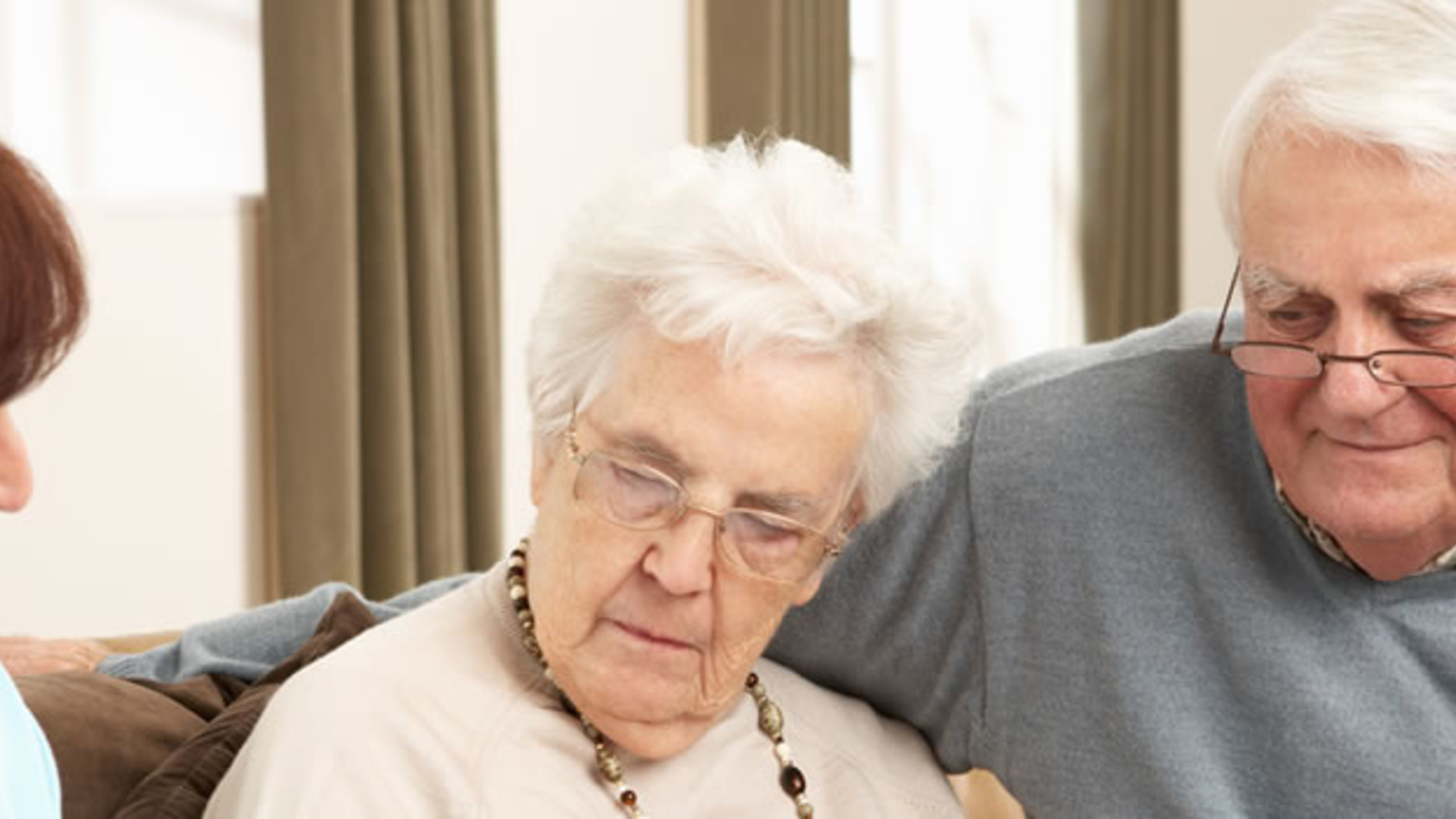Patient safety in primary care

About this PSP
All patients are entitled to access safe and effective health care. Avoiding errors, or identifying and correcting them, is a high priority. This PSP aimed to influence the future patient safety research agenda by identifying the Top 10 areas of uncertainty, as agreed by patients, carers and healthcare professionals.
It was run by the National Institute for Health and Care Research Greater Manchester Primary Care Patient Safety Translational Research Centre (NIHR Greater Manchester PSTRC).
237 people responded to the initial survey, suggesting a total of 443 questions. 457 people responded to the interim survey where the unanswered questions were ranked in order.
The Patient Safety in Primary Care Top 10 was published in March 2017.

Top 10 priorities
- How can patient safety be assured for the most vulnerable in society (e.g. people who are frail, have mental health problems or cognitive impairments?)
- How can we make sure that the whole patient is treated, not just one condition and with mental health and physical health both being treated together?
- How can we improve safe communication and co-ordination of care between Primary and Secondary care?
- In what ways does work intensity, hours worked and staffing levels affect patient safety/near misses?
- How does continuity of care influence patient safety?
- How well do patients understand the information that has been conveyed to them during the consultation?
- What can Primary Care do to identify and support people who may be at risk of suicide?
- Which type of practitioner (e.g. GP, advanced nurse practitioner, practice nurse) is safest to see which types of patients (acute illness, acute or chronic multi-morbid)?
- How can information within patient medical records be made available to patients and care provides in a way that protects privacy and improves safety and quality of care?
- How can risks be mitigated to allow for safe complex care at home?
The following questions were also discussed and put in order of priority at the workshop:
- Are difficulties in contacting doctors and/or making appointments associated with more delays or errors in diagnosis or other failures of care?
- How many patients actually know what medication they are taking, what for and what the potential side effects are?
- What can be done to improve access to GP surgery for someone with mental health problems?
- How can communication between health care professionals be improved for people with multiple long term conditions?
- How safe is treatment in out of hours care if patient notes are not available?
- What do patients understand about when they should or shouldn't contact a GP and who they should see instead?
- How can we encourage patients and clinicians to be more open about patient safety incidents within a culture of learning rather than blame?
- What steps can be taken to improve patient safety in out of hours care?
- What is the role of the receptionist in patient safety i.e. facilitating access to urgent appointments?
- How well trained are receptionists as acting as gatekeepers to GPs and prioritising patients?
- How can GP practices appointment systems (e.g. telephone, online) be improved?
- What types of prescribing errors are occurring in GP prescribing practice and how often are they occurring?
- How do GPs inform their patients of the side effects and potential risks when prescribing a new medication?
- How are medical errors in primary care prevented and recorded?
- Do General Practitioner (GP) practices keep patient records up to date to ensure safety when a patient is seen by a different GP?
- Why is there such a time lag between seeing the hospital consultant and the GP getting information about a medication change?
- How frequent are the misdiagnosis of symptoms by GPs resulting in patient safety incidents?
- Do GPs and other health care professionals record patients who are vulnerable/at risk in the patient notes?
- Does seeing a named GP who knows an individual have safer care than seeing a GP who doesn't know me?
- Do the actions of receptionists have potential ramifications for patient safety?